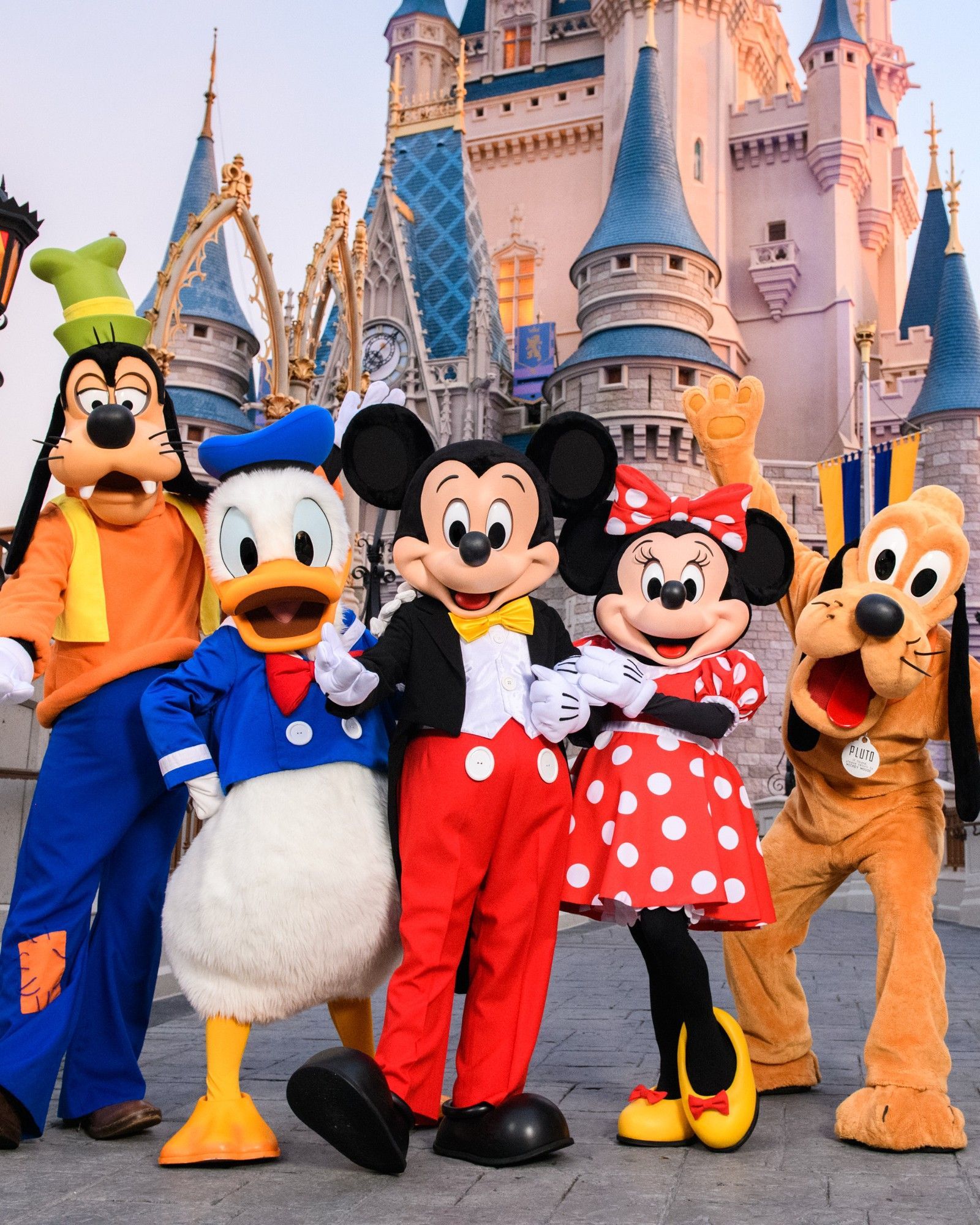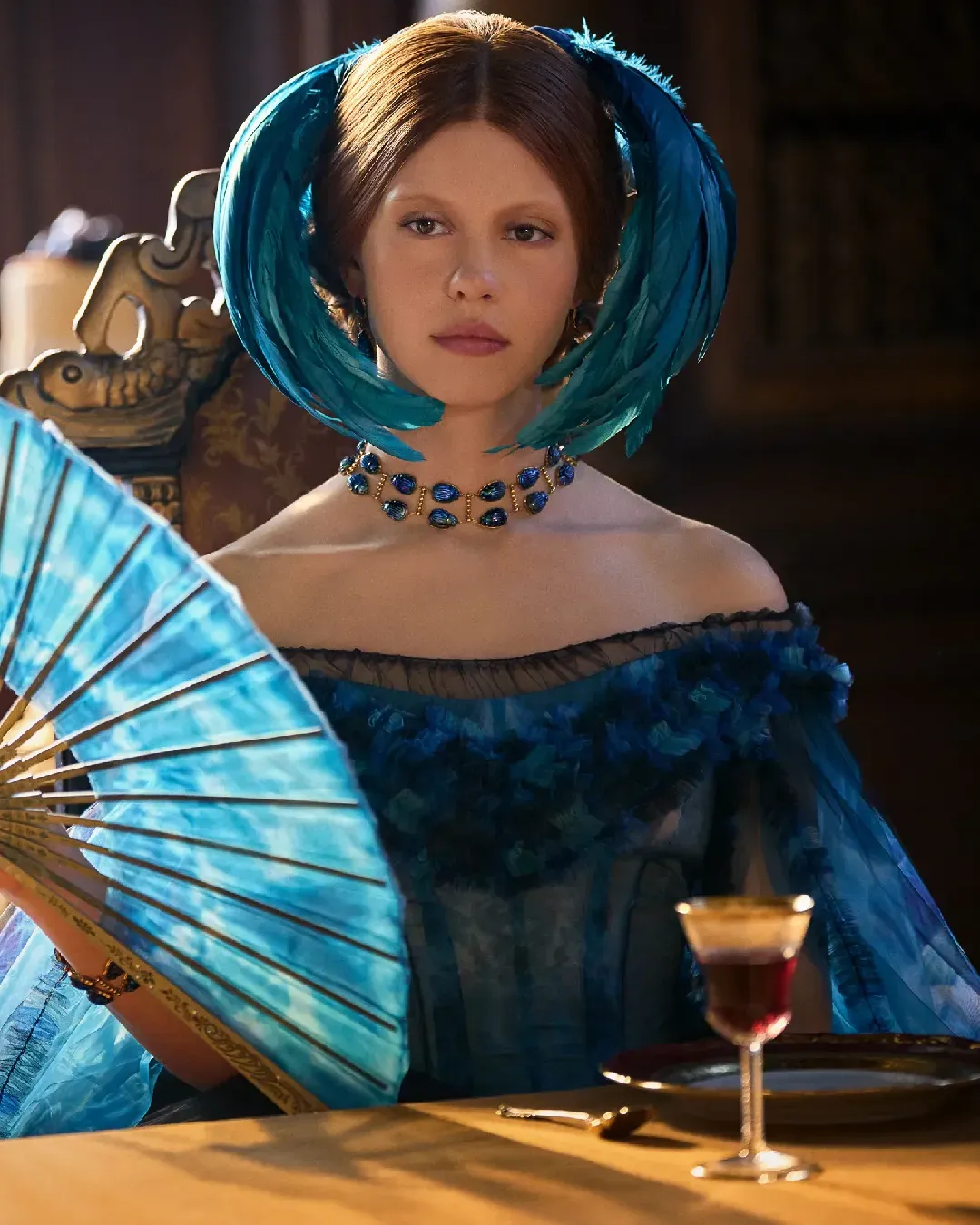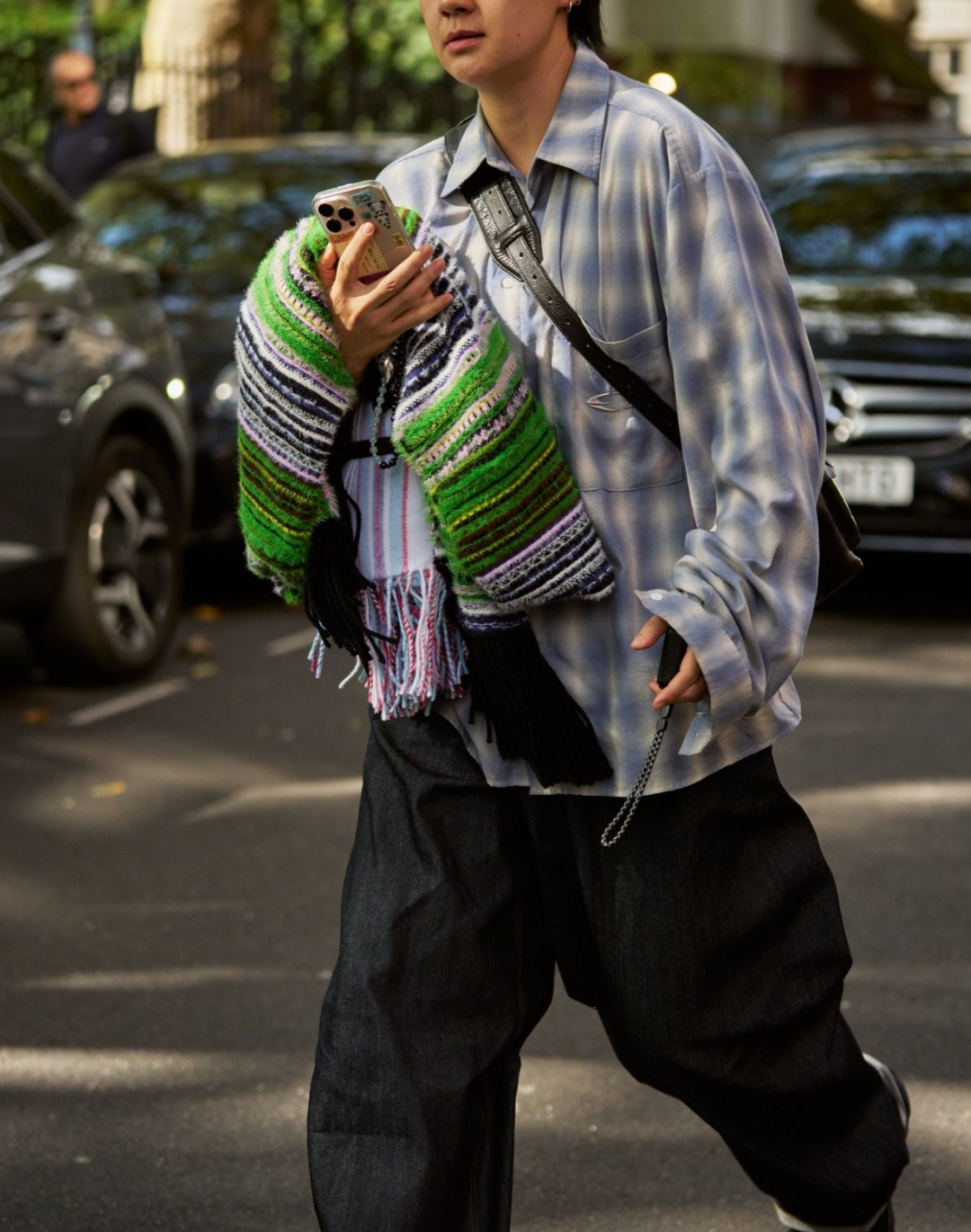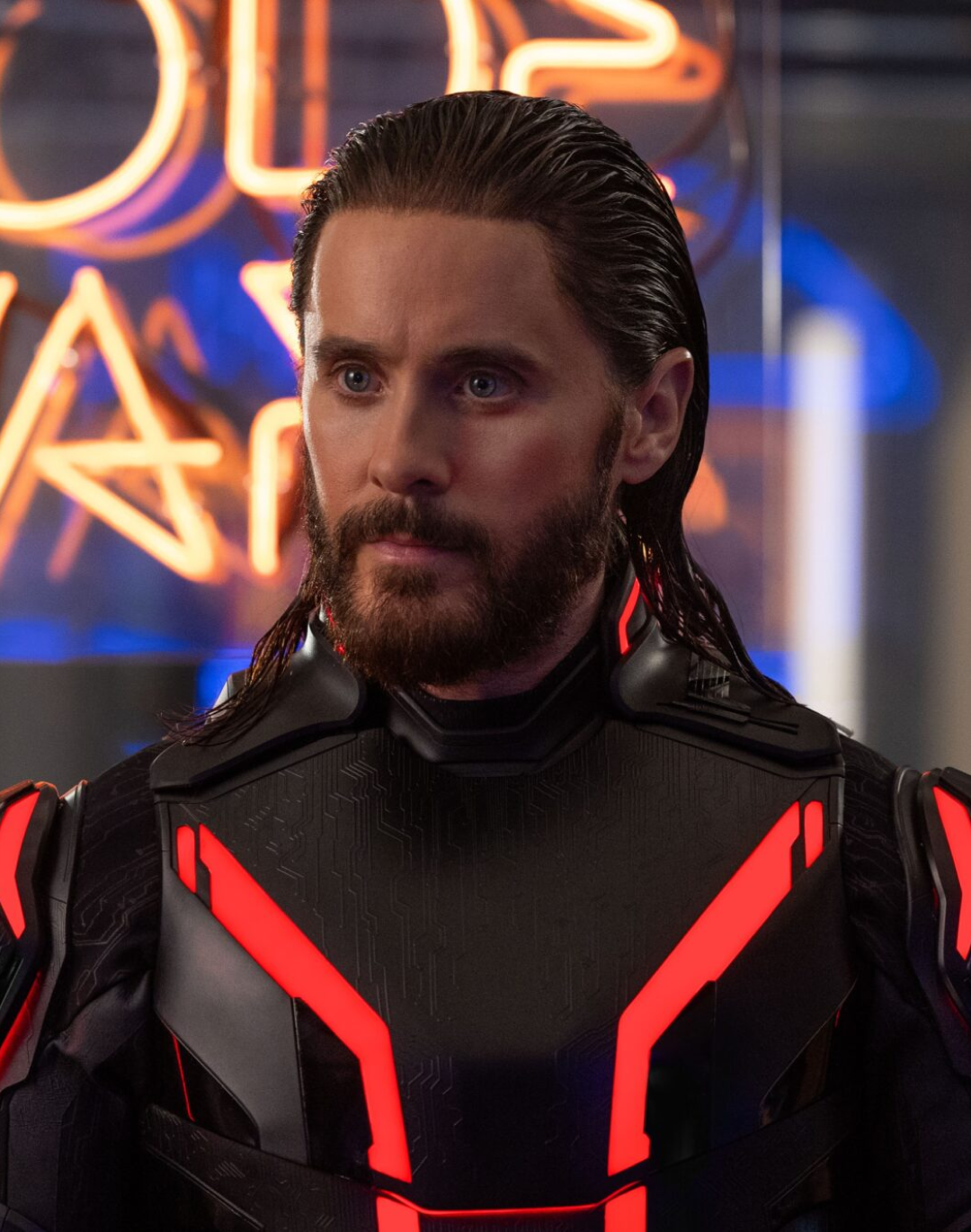
Is the new Karl Lagerfeld tv show any good? Arriving on Disney+ over the weekend, “Becoming Karl” chronicles the designer's early days in Paris
2024 is the year the audiovisual world discovered fashion. In the past, biographies of great designers were few and far between, with the exception of 2014 when two films about the life of Saint Laurent were released. This year has given us the biography of Cristobal Balenciaga, the (highly fictionalized and manipulated) story of the relationship between Dior and Chanel during World War II, and, this weekend, the story of Karl Lagerfeld in the form of the mini-series Becoming Karl. The episodes of the show follow the story of a mature Lagerfeld, played by the ever-brilliant Daniel Brühl, navigating a career that sees him as a rising symbol of prêt-à-porter, the complex romantic entanglement with Jacques de Bascher, and the rivalry with Yves Saint Laurent. It is a series that attempts to capture a complex moment of transition, as illustrated in the scene where Lagerfeld compares the success of his prêt-à-porter at Chloé to the rise of the bourgeoisie replacing the dying aristocracy of haute couture. But the series also tries to define the dynamic of influences that drive the system of journalists, entrepreneurs, and designers, as well as the human complexities, rivalries, and private skirmishes that still animate the industry today.
A particularly interesting point in the first two episodes of the show is the discussion of female identity in fashion: on one hand, Lagerfeld says that «fashion has nothing to do with women, or there wouldn’t be so many gays in the business», to which the character of Marlene Dietrich responds from afar by refusing to wear a Lagerfeld creation, reminding him that a designer «a fashion designer is just a mirror for the woman he’s dressing… You only exist if the reflection in the mirror pleases me». As mentioned, the show captures the transition of fashion from haute couture to prêt-à-porter, initially presenting Lagerfeld as a proud mercenary of fashion who adopts different styles and aesthetics depending on whether he is designing for Chloé, Fendi, or other fashion brands. His ambition, however, is to become an “author”: at one point, there is a discussion about what name to give his line for Chloé, with him wanting his name first and Gaby Aghion wanting the brand name first. When Lagerfeld has the chance to meet Marlene Dietrich to design a dress that could be a turning point in his career, the German diva chills him with a blunt question: «Do you have a style?» In response, Lagerfeld takes a notebook and instantly draws a different dress for each “era” of Dietrich’s career.
some photos of daniel brühl from the set of "becoming karl lagerfeld"
— lna (@aaeln_) June 7, 2024
(ig: arnaudvalois) pic.twitter.com/kGGZ2yqLjC
This is also a clever allusion to Lagerfeld's working method, lacking a precise aesthetic center and instead inclined towards total eclecticism. For the Lagerfeld of the show, fashion «is a way of embodying the zeitgeist, of reflecting society’s true nature», which therefore has as many variations as the moments society itself lives through. The show also addresses the complex psychology of Lagerfeld, a man whose life is well-documented publicly but much less so privately, and who remains an enigmatic figure even to his peers in the show. From his control mania that drives him to be chaste to avoid imbalance with his lovers, to his tendency to drown his sorrows in sweets, and various obsessions with clothing, Lagerfeld is depicted as a man very rigid in his quest for credibility, sometimes brusque and stubborn in managing conflicts with others, incapable (both metaphorically and literally) of “unbuttoning” with others. At one point, Gaby Aghion, guessing his desire to become the sole creative director of Chloé, asks him to be frank, but he struggles to declare what he wants, almost expecting Aghion to offer him the job, and only in the end, yielding, admits he harbors that ambition.
@disneyplusit Domande & risposte con Daniel Brühl. #BecomingKarlLagerfeld è disponibile ora su #DisneyPlus. #SerieTV #DaVedere #KarlLagerfeld #TVShow #DanielBruhl #DietroLeQuinte #FashionTok #Anteprima #DisneyPlusIT suono originale - Disney+ IT
However, if there is one thing the show does not touch on, it is the controversial aspects of the designer's life and those around him. The most evident case is that of Jacques de Bascher, a character portrayed in a much more human light than Bertrand Bonello did in his superb biopic Saint Laurent. The series provides a lot of context for De Bascher's excessive sexual life, not portraying him solely as a kind of vulgar sex addict, but as a person with doubts and complexities. Nonetheless, there is no mention of the fact that De Bascher died of AIDS at 38 after years of drugs and debauchery; nor is there any mention of Lagerfeld's tendency to falsify his age and origins, claiming to descend from German and Swedish nobility (Lagerfeld's parents were German, and his father was a member of the Nazi party, by the way). The rest of the controversies surrounding the designer occurred after the 2000s and thus long after the events described in the show—but even though the show depicts Lagerfeld's complex relationship with food, it does not address how Lagerfeld loved to criticize the physiques of those around him. These are all things that overseas critics have taken to heart but that actually adhere to the authors' intent to describe an artistic and professional arc rather than providing a spicy chronicle of the excesses of a certain era. For anyone unfamiliar with the world of great designers of yesteryear or the dynamics of fashion, Becoming Karl is a wonderful crash course. But no one should expect to hear the Andersenian exclamation: «The emperor has no clothes!».















































